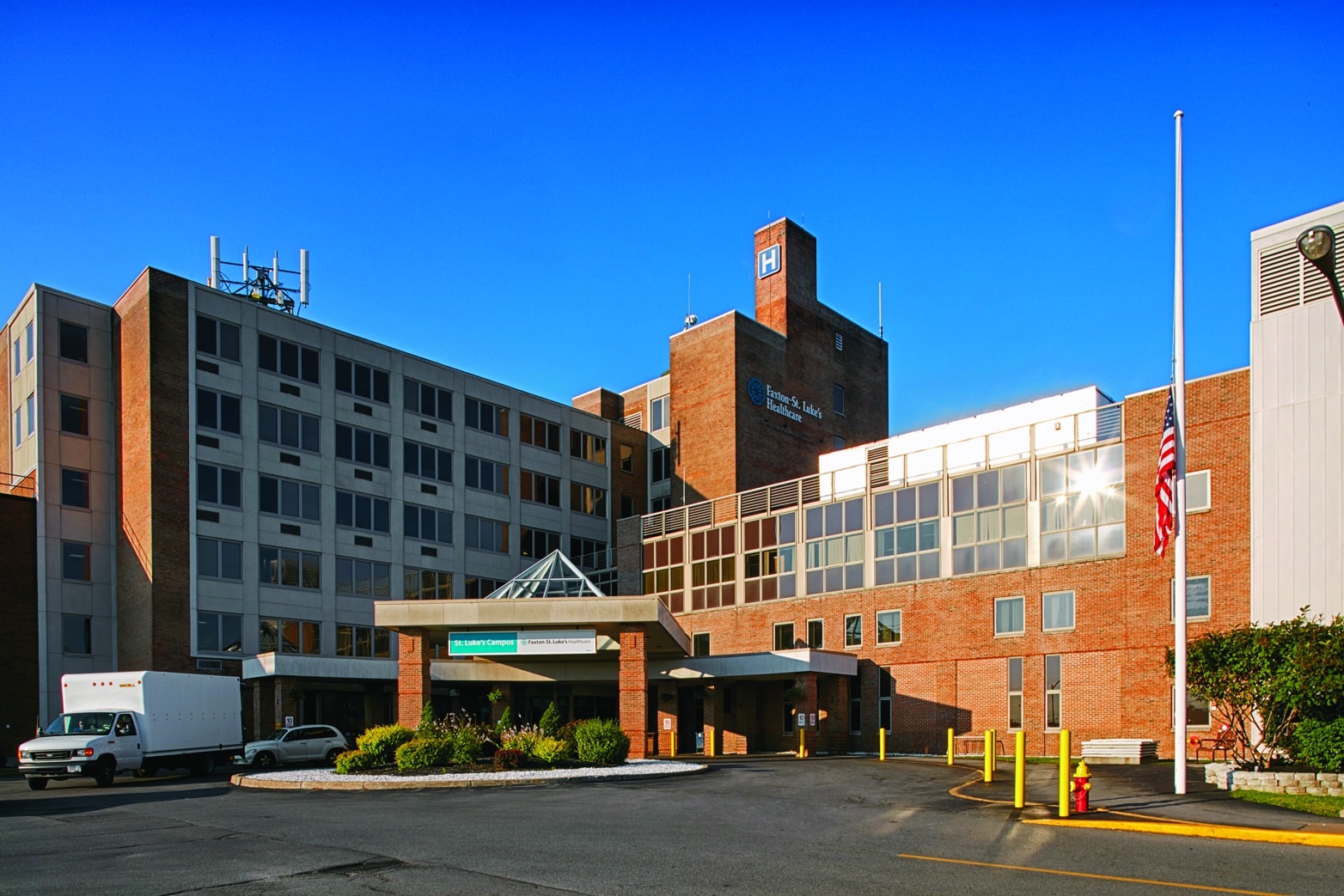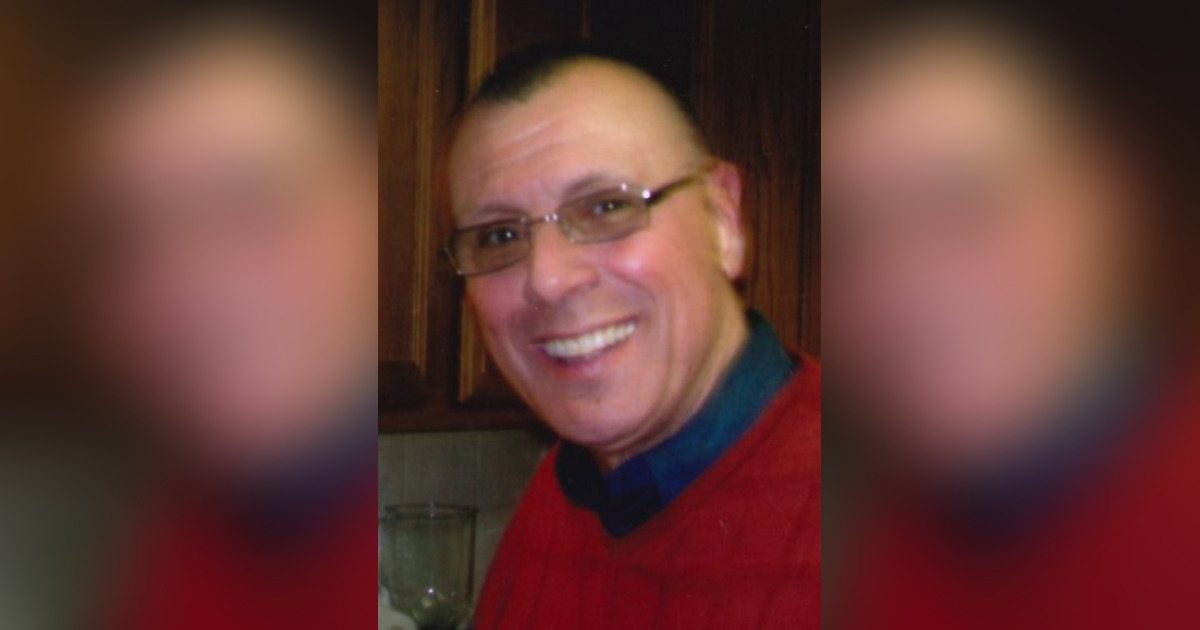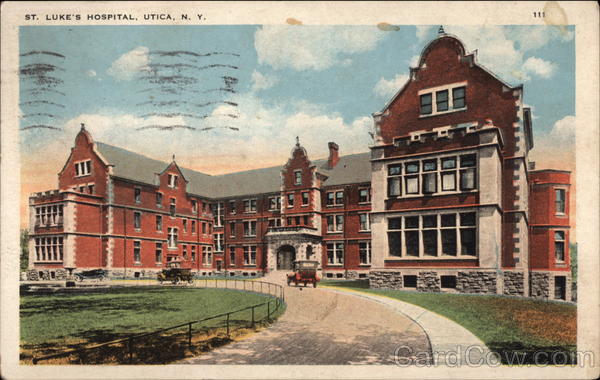Table of Content
Transformational policies, innovative approaches to delivering and paying for care and disruptive technologies—each is changing significantly and impacting the others. Manatt Health examined how the newly expanded definition of electrotonic health information helps patients obtain their heath care data records and challenges providers supplying them. Congratulations to Ileana Hernandez and Barry Landsberg, who were named Top Health Care Lawyers by Daily Journal for representing leading stakeholders in the health care industry. And in addition to taking action today to restrict two particularly egregious types of banking fees, my administration has pushed banks to reduce the fees they charge for consumers across the board. Remember we talked in the beginning of the administration about the study done — I think it was at Penn — that if an average family got $400 in charges or bills in a month, that they couldn’t pay; they’d have to sell something and/or have to — or have to borrow the money? A more open ecosystem that is broadly inclusive of both consumers and businesses holds great promise.
Our rulemaking will not turn on a switch, but I hope it will move us in that direction. Through that process, we’ll hear from small banks and financial companies who will be providers of data, as well as the small banks and financial companies who will ingest the data. We will also gather input from the “fourth parties,” the intermediary data brokers that facilitate data transfers. The CFPB is subject to a rulemaking step that is unique among financial regulators. Before issuing a proposed rule, the CFPB must convene a panel of small businesses that represent their markets to provide input on our proposals. This week, we will be publicly releasing a discussion guide that small firms can weigh in on.
Carrington Quoted in Chief Healthcare Executive on Advancing Health ...
She joined BHS in 1990 as a payroll specialist and quickly advanced her career in the finance division, serving in a variety of positions prior to her current role. She earned a Master's of Health Administration from Saint Joseph’s College of Maine and holds a Bachelor of Science in Business Administration from the Massachusetts College of Liberal Arts. Lamarre is a member of the Healthcare Financial Management Association and Meditech’s Revenue Cycle Committee.

But the agency is also taking up initiatives with fintech industry support, including finally setting up open-banking rules to guide data-sharing between financial institutions and tech companies. We present results for non-Hispanic whites, who account for 41 percent of the state’s adult population, and also for Latinos, who account for about a third of the state’s adult population and constitute one of the fastest-growing voter groups. We also present results for non-Hispanic Asian Americans, who make up about 16 percent of the state’s adult population, and non-Hispanic African Americans, who comprise about 6 percent. Results for other racial/ethnic groups—such as Native Americans—are included in the results reported for all adults, registered voters, and likely voters, but sample sizes are not large enough for separate analysis. Results for African American and Asian American likely voters are combined with those of other racial/ethnic groups because sample sizes for African American and Asian American likely voters are too small for separate analysis. We also analyze the responses of likely voters—so designated per their responses to survey questions about voter registration, previous election participation, intentions to vote this year, attention to election news, and current interest in politics.
CALIFORNIA
Suzanne Dunn, SFCC is Pastor Emerita of the Catholic Church of the Beatitudes. Suzanne leads a contemplative Eucharist on the second Saturdays of each month. Suzanne was ordained a deacon on April 27, 2008 and a Roman Catholic Woman Priest on September 7, 2008. Currently, Suzanne serves as a spiritual director, and as a co-facilitator of the Santa Barbara/Ventura Chapter of the Contemplative Ministry Outreach. She is a trained presenter of the Introductory Workshop in Centering Prayer and conducts Silent Saturdays and three and five day retreats in Centering Prayer.
During this time, she witnessed the openness of people to her as a woman minister. When she graduated from Boston College with her Master’s in Pastoral Ministry in 1987, many of her peers were leaving the Catholic church to become ordained. At that time, Mary Kay said, “I want my presence to speak louder than my absence.” Currently, she serves as the chaplain for the Palliative Care Program at University of Iowa Hospitals & Clinics. She is skilled in providing support to those in crisis and at the end of life. It has been her great joy to officiate at weddings, baptisms, and funerals and to serve as pastor for Full Circle Catholic Church in Iowa City. Michael Tompkins Like many of my women peers, I have felt called to the priesthood since early childhood.
Director of Infectious Disease HAHV and NDHDirector of Infusion TherapyBoard Certified in Infectious Disease
Utica shares a cuisine with the mid-Atlantic states, with local and regional influences. Its melting pot of immigrant and refugee cuisines, including Dutch, Italian, German, Irish and Bosnian, have introduced dishes such as ćevapi and pasticciotti to the community. Utica staple foods include chicken riggies, Utica greens, half-moons, mushroom stew, and tomato pie. Other popular dishes are pierogi, penne alla vodka, and sausage and peppers.Utica has long had ties to the brewing industry. The family-owned Matt Brewing Company resisted the bankruptcies and plant closings that came with the industry consolidation under a few national brands. As of 2012, it was ranked the 15th-largest brewery by sales in the United States.

AARP is a nonprofit, nonpartisan organization that empowers people to choose how they live as they age. Sign the AARP Employer Pledge and start sourcing experienced talent. Join over 350 leading organizations who have publicly affirmed their commitment to an age-diverse and inclusive workforce. Pledge signers receive discounts on job postings, access to promotional space on the job board, distinction within job search results, and invitations to recruit at our online career fairs. Healthcare workers are on the front lines of the global effort to care for patients with COVID-19, while putting themselves at risk for infection. Thousands have already died, from dozens of countries, professions, and specialties.
First, we expect to propose requiring financial institutions offering deposit accounts, credit cards, digital wallets, prepaid cards, and other transaction accounts to set up secure methods, like APIs, for data sharing. Rather than rely on black-box models that people can’t make sense of, lending can move back to real-world data about someone’s ability to pay back a loan. This will eliminate bias and reliance on credit scores and other proxies. Transaction data will be especially useful for these purposes, and help bring an end to the current reliance on the three-digit social credit scores derived from credit reports that are cloaked in secrecy and rife with inaccuracies. Finally, financial companies can find new ways to underwrite and score with less bias.
By putting good governance in place about who has access to what data and where you want to be careful within those guardrails that you set up, you can then set people free to be creative and to explore all the data that's available to them. The conversation that I most end up having with CEOs is about organizational transformation. It is about how they can put data at the center of their decision-making in a way that most organizations have never actually done in their history. And it's about using the cloud to innovate more quickly and to drive speed into their organizations. Those are cultural characteristics, not technology characteristics, and those have organizational implications about how they organize and what teams they need to have. It turns out that while the technology is sophisticated, deploying the technology is arguably the lesser challenge compared with how do you mold and shape the organization to best take advantage of all the benefits that the cloud is providing.
Rosa G. Manriquez, IHM, IHM is a mother and grandmother, a member of the Immaculate Heart Community, a Roman Catholic deacon and a candidate for priestly ordination through Roman Catholic Womenpriests. She is a member of MountainTop, a multifaith movement for justice sponsored by Auburn Theological Seminary. Rosa is a member of the Vision Board of Call to Action and also a speaker for A La Familia, a project of the Human Rights Campaign that promotes the inclusion of the LGBT community within the Latino community.
Remnants of Utica's early electric-rail systems can be seen in the West and South neighborhoods, where the rails were set into the streets. Utica's architecture features many styles that are also visible in comparable areas of Buffalo, Rochester and Syracuse, including Greek Revival, Italianate, French Renaissance, Gothic Revival and Neoclassical. The modernist 1972 Utica State Office Building, at 17 floors and 227 feet , is the city's tallest. According to the United States Census Bureau, Utica has a total area of 17.02 square miles (44.1 km2)—16.76 square miles (43.4 km2) of land and 0.26 square miles (0.67 km2) (1.52 percent) of water.
Formerly a river settlement inhabited by the Mohawk Nation of the Iroquois Confederacy, Utica attracted European-American settlers from New England during and after the American Revolution. In the 19th century, immigrants strengthened its position as a layover city between Albany and Syracuse on the Erie and Chenango Canals and the New York Central Railroad. During the 19th and 20th centuries, the city's infrastructure contributed to its success as a manufacturing center and defined its role as a worldwide hub for the textile industry.

Today, many companies are now exploring new underwriting models that return to core principles – assessing ability to repay without attempting to use outside information to model a consumer’s presumed ability to repay. Importantly, a more open market will also make sure consumers won’t have to start from scratch. For example, Americans often use their deposit account history as a life ledger – it is a written record that keeps track of payments and deposits, which can be helpful for taxes, for disputes with merchants, or insurers, and for other purposes. By allowing consumers to transfer their ledger to a new institution, the rule could make switching institutions easier – you won’t need to maintain a relationship with your bank to maintain your written record. If successful, it will also reduce the ability for incumbents to build moats and for middlemen to serve as gatekeepers.
Pleasedo not use this form to submit personal or patient medical information or to report adverse drug events. You are encouraged to report adverse drug event information to the FDA. Claudia N. Adamson had 6 younger brothers and was from Bayonne, NJ. She was a member of Sisters for Christian Community since 1972 and was also a registered medical technologist, MT with specialty certification as a Blood Bank Specialist, SBB. She had a B.S. Claudia worked in hospital blood banks and blood donor center laboratories and retired as a laboratory manager after working for 41 years. She was also an executive real estate broker and real estate investor and had been licensed since 1987. On June 29, 2002, Ida Raming was one of the original seven women who were ordained to the Roman Catholic priesthood.

No comments:
Post a Comment